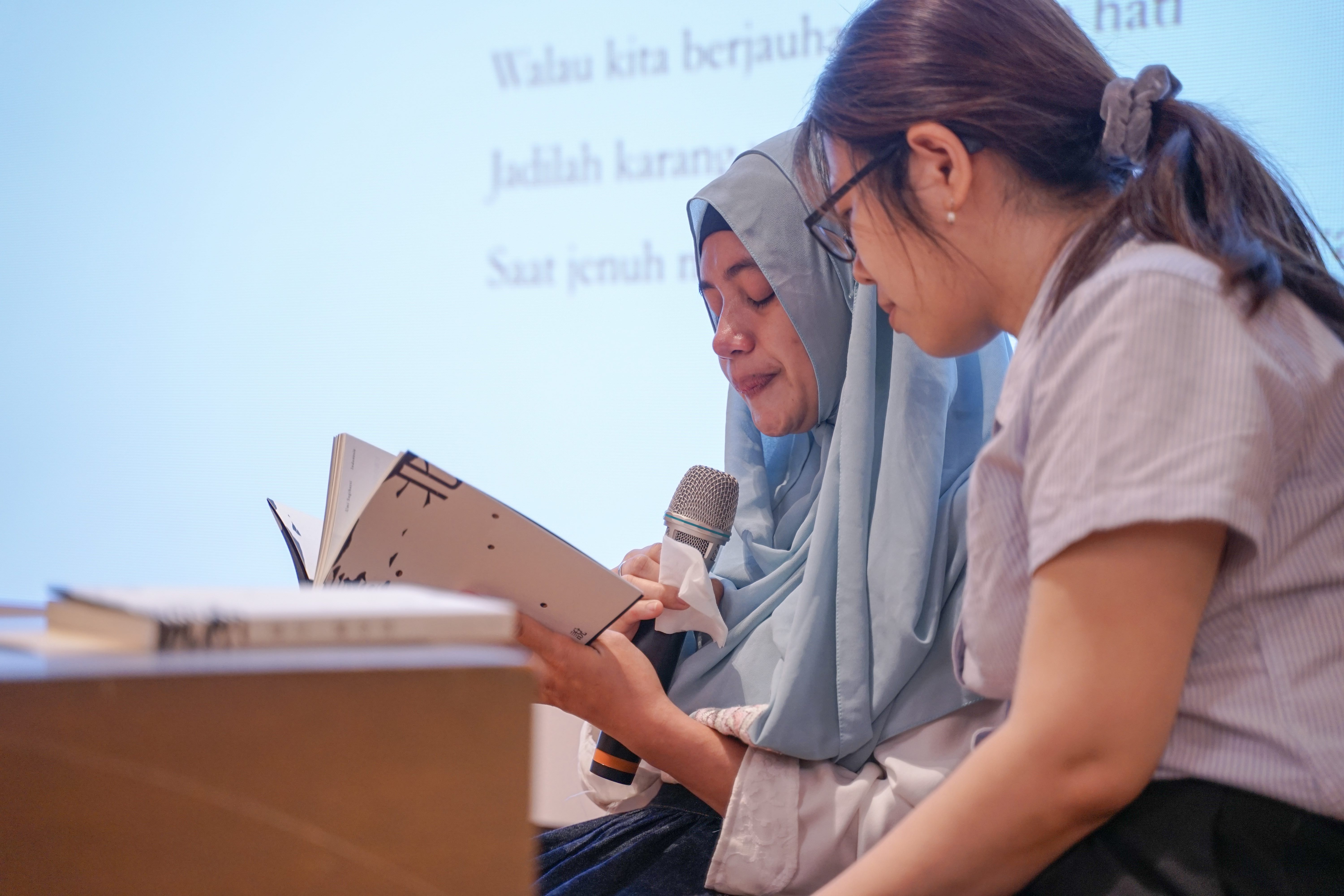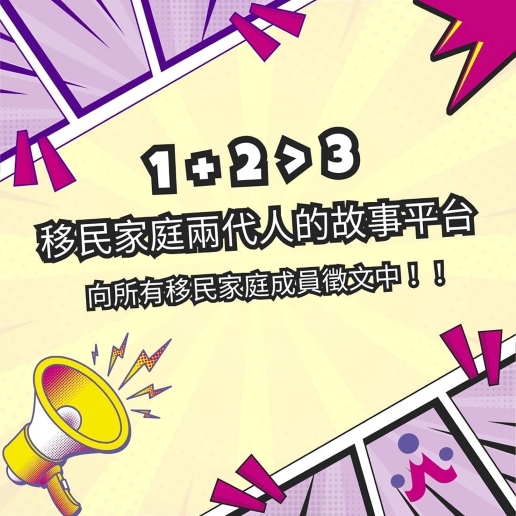In order to let the people more understand about the multiculturalism of migrant workers, the Taipei City Foreign and Disabled Labor Office held the “Southeast Asian Progressive” event, with 3 literary lectures in June, invite number of writers to share with the public who are concerned about the migrant workers’ issues, and about more than 100 people participated.
The first lecture was invited Liao Yunzhang (廖雲章), who has been contact with the migrant workers and Southeast Asian culture for long time, led the audiences to understand the working style of migrant workers in Taiwan. On the scene, it invited the people to read the poem of the son of migrant workers, made the scene moving.
Anny Ting who came to Taiwan for 18 years shared with the audience, the journey of the transformation from working to become a new resident, she said that as long as you can do something meaningful, your identity is not important.
The second lecture theme is “the Southeast Asia life that you didn’t notice” invited Chen Yuzhi (陳炯志) the curator of 2019 Migrants Film Festival and One-Forty co-founder, Kevin Chen (陳凱翔) shared what they saw from the Southeast Asia migrants.
Both of them have been paying a lot of attention to the issue of the migration for a long time, they believe that recognizing the migrant workers not only helping each other, but also see the equal perspective, open the heart and mind interaction, to see the real Southeast Asia in life.
The last seminar invited Li Muyi (李牧宜), the editor of the commentary network, and Yana, a care taker in her house, to share the interaction from “the migrants” to the “family member”.
Li Muyi thinks that she before never care about it, but now she eager to understand and get closer.
In the seminar, Yana recited the work of “Taipei Listen to Me” poem in Indonesian language, with the title “To dear Child”, during the process, the nose was sore, because concern about the children in the hometown is beyond the words.
From their stories, the people can see the hardships from their hometowns and foreign land that they have been facing for a long time, see what is Taiwan in their eyes, as well as to see the roles and dreams of the migrant friends, including outside of their work.








